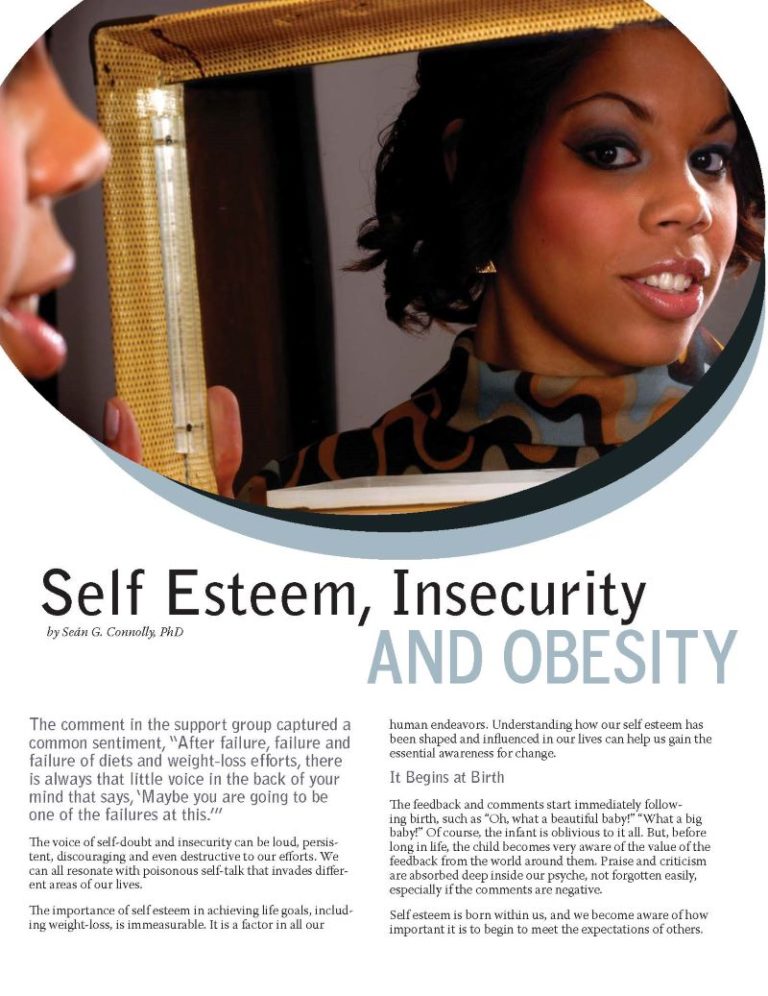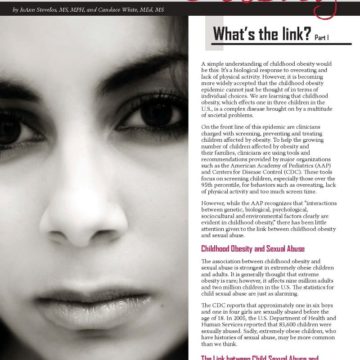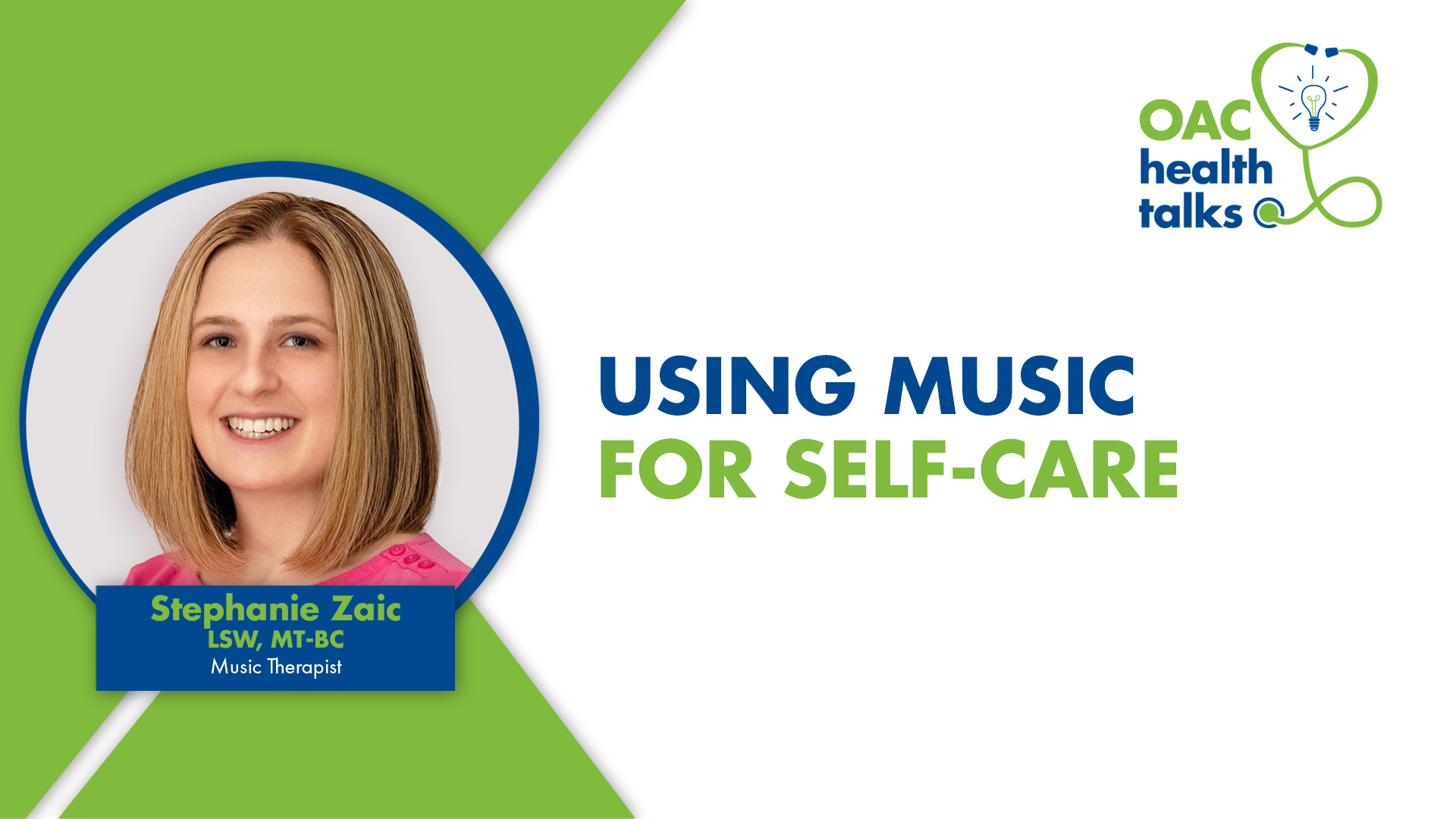Self Esteem, Insecurity and Obesity


by Sean G. Connolly, PhD
Fall 2010
The comment in the support group captured a common sentiment, “After failure, failure and failure of diets and weight-loss efforts, there is always that little voice in the back of your mind that says, ‘Maybe you are going to be one of the failures at this.’”
The voice of self-doubt and insecurity can be loud, persistent, discouraging and even destructive to our efforts. We can all resonate with poisonous self-talk that invades different areas of our lives. The importance of self esteem in achieving life goals, including weight-loss, is immeasurable. It is a factor in all our human endeavors. Understanding how our self esteem has been shaped and influenced in our lives can help us gain the essential awareness for change.
It Begins at Birth
The feedback and comments start immediately following birth, such as “Oh, what a beautiful baby!” “What a big baby!” Of course, the infant is oblivious to it all. But, before long in life, the child becomes very aware of the value of the feedback from the world around them. Praise and criticism are absorbed deep inside our psyche, not forgotten easily, especially if the comments are negative.
Self esteem is born within us, and we become aware of how important it is to begin to meet the expectations of others. We begin to seek out from others clues to our worth, acceptability and our own self. Sometimes we can hide the real self inside and put a lot of energy into pleasing others. Our self esteem is developed from feedback from the world around us and our interpretation of it. People make comments about others on personality, appearance, weight, looks or talent, be them complimentary or uncomplimentary.
Psychological Cravings
Human beings have two psychological cravings. The first is for love, affection, warmth and caring. Kids want desperately to be loved. That is what gives a child, and an adult, a sense of security. Kids feel there is one sure place where they are loved, in their “home.” Most parents make an effort to feed this hunger daily. That craving is always with us, into adulthood, although not as “needy.”
The second craving humans have is for approval, recognition or affirmation. Kids are not shy about it, “Mom, look what I got in school today;” “Dad, are you coming to my soccer game?” This is what molds and shapes our self-esteem. This hunger for approval is carried from the family into society. As we grow older, the cravings never disappear, but are nourished in different ways. And sometimes, as adults we have to nourish these cravings ourselves. Compliments are never too plentiful or trustworthy, in society, especially the work environment.
As the child grows up and goes to daycare, begins school, visits relatives and friends, develops relationships, attends church, joins clubs, participates in sports and later in life finds a job and works on a career, the feedback and comments come and are often uninvited. It is this feedback that shapes and influences our self-esteem.
Awareness of Feedback
We become more aware of the feedback, such as the looks, the reactions, the comments, the avoidance, the engagement in conversation, the occasion of being ignored, not being picked for the squad, winning and losing competitions, doing well or poorly in school, evaluations at work, assessment of career goals and interactions with neighbors and friends. We all hope for positive feedback.
However, we all know from experience there will be that negative feedback: that one comment a teacher, parent or relative made and can still echo in our mind, such as a friend’s unexplainable rejection, a coach who put a label on us, a peer who was blatant in his or her dislike, comments on our weight or size, etc.
The more positive feedback we receive and internalize, the more secure in ourselves we feel. The more negative the feedback, the more insecure we can feel. We can begin to build a wall around ourselves, to protect ourselves from excessive criticism, put-downs, labeling or any adult scripting failure for our lives.
A useful reflective activity is to journey back into our developmental history of our self esteem and ask ourselves what feedback did people, especially significant others, give us about our personality, intelligence, friendliness, attractiveness, looks, potential in life, talent, lack of talent, behavior and our body.
Dealing with Comments
We cannot control the comments of others, often uninvited, but we can control how we deal with them. We are all aware of society’s negative reactions to obesity, and when it is personalized, it can really hurt. Many patients have reported throughout the years the teasing, criticisms, looks, accusations, rejections, exclusions and words. And no matter how well-defended we might be, it can be painful.
The pain can be hidden, subdued, pushed aside, but always there undermining our sense of security. We can even have, consciously or unconsciously, agreed with the negative feedback, and accepted it as part of who we are.
Suggestions to Help
- Give yourself the right to feel good about yourself and feel more secure: say out loud, when no one is around, “I have the right to feel good about myself.” It is important to hear yourself say these words out loud for it to be effective. You may have to say it numerous times to match the feelings to the words. The more you say the words, the sooner they will be programmed into your mind.
- You may have to give yourself “permission” to feel good about yourself, if you have been brainwashed growing up that you had no right to do that: “I choose to give myself permission to feel good about myself.” Repeat it until you believe it.
- Select some affirmation statements to program in positive thinking. These are statements that empower you to change negative thinking about yourself in areas that are important to us. For example, “I affirm my intelligence.” “I affirm my ability to be successful at what I chose to do.” For a selection of affirmation statements related to self-esteem and weight-loss surgery success, see our Web site www.thealgosgroup.com.
- Take a few affirmation statements that fit particularly for you and put them on your mirror and repeat them out loud every morning and during the day until they become part of you.
- Counseling and life coaching can help you along in promoting self-perceptions that have an impact on our self-esteem.
Conclusion
With a secure and confident “self” we can be more successful in achieving any behavioral goal. As children, we could not “fight back.” As adults, we can affirm ourselves, program positive thoughts in our mind, silence the negative “voices” in our head, choose not to be affected by the comments, filter the feedback and promote self-confidence.
You can repair a damaged and insecure self esteem. The task is to re-program negative thoughts in your mind and replace them with positive thoughts, with time, as it is not an immediate change. Let me reassure you that you can develop a positive self esteem throughout time and utilize it effectively to achieve weight-loss goals.
About the Author:
Seán G. Connolly, PhD, is a licensed psychologist, specializing in health and rehabilitation psychology, and consults with several bariatric surgeons in San Antonio. His main focus in the area of obesity is coaching weight-loss surgery patients to achieve their weight-loss goals.
by Robyn Pashby, PhD Winter 2024 “No one is ever going to date you if you don’t…
Read Articleby Leslie M. Golden, MD, MPH, ABOM Diplomate Winter 2024 The journey to overcoming obesity is a…
Read ArticleDid you know that stress can have an impact on weight? Many people increase their food intake…
View Video









